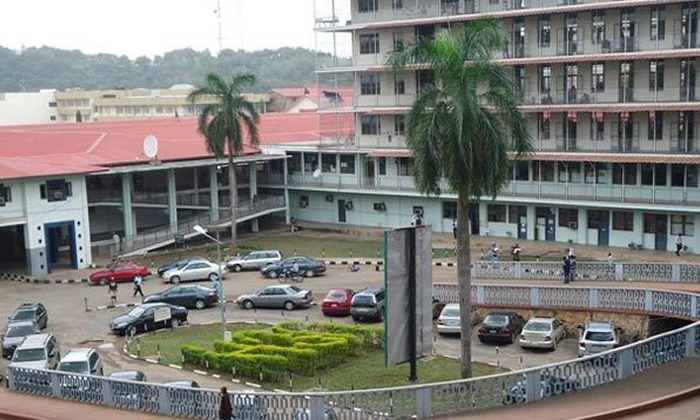In a recent development, the Ibadan Electricity Distribution Company (IBEDC) has disconnected the University College Hospital (UCH) over an outstanding debt of N500 million. This action by the electricity distribution company highlights the challenges faced by institutions in settling utility bills and underscores the importance of financial sustainability for both service providers and consumers.
The Infosride explores the details of the disconnection, potential implications for UCH, and broader considerations in the context of utility payment challenges.
Background of the Disconnection:
The disconnection of the University College Hospital by IBEDC is a result of an accumulated debt totaling N500 million. The electricity distribution company took this step as a response to the hospital’s failure to settle its outstanding electricity bills. The disconnection raises pertinent questions about the financial health of institutions and the need for effective debt management strategies.

Implications for UCH:
1. **Service Disruption:** The disconnection will inevitably lead to a disruption in essential services at the University College Hospital. Critical operations, patient care, and other medical services may be adversely affected by the lack of electricity.
2. **Operational Challenges:** UCH will face operational challenges in maintaining essential medical equipment, providing adequate lighting, and ensuring the overall functionality of the hospital without a stable power supply.
3. **Reputation Impact:** The disconnection may have reputational implications for UCH. As a prominent medical institution, service interruptions due to unpaid utility bills could impact public perception and erode trust.
4. **Financial Strain:** Addressing the outstanding debt and re-establishing a connection with the electricity distribution company will impose a financial burden on UCH. The hospital will need to allocate resources to settle the debt and negotiate a resolution with IBEDC.
**Broader Considerations on Utility Payment Challenges:**
1. **Financial Management:** Institutions, including hospitals and other public entities, need robust financial management practices to ensure the timely payment of utility bills. This includes budgeting, expense tracking, and efficient financial decision-making.
2. **Debt Resolution Strategies:** In situations of outstanding debts, implementing effective debt resolution strategies is crucial. Proactive communication, negotiation, and collaboration between service providers and institutions can help address financial challenges and prevent service disruptions.
3. **Sustainability Planning:** Institutions should incorporate sustainability planning into their financial strategies. This includes exploring energy-efficient practices, adopting cost-saving measures, and prioritizing utility payments to maintain uninterrupted services.
4. **Government Intervention:** In some cases, government intervention may be necessary to address outstanding debts owed by public institutions. This could involve the allocation of funds to settle arrears and prevent service disruptions.
**The Infosride’s Ongoing Coverage:**
As IBEDC disconnects UCH over a N500 million debt, The Infosride remains committed to providing ongoing coverage. Stay tuned for updates on the resolution of the debt issue, insights into the broader challenges faced by institutions in settling utility bills, and comprehensive reporting on developments shaping Nigeria’s healthcare and utilities sectors.
Support InfoStride News' Credible Journalism: Only credible journalism can guarantee a fair, accountable and transparent society, including democracy and government. It involves a lot of efforts and money. We need your support. Click here to Donate
